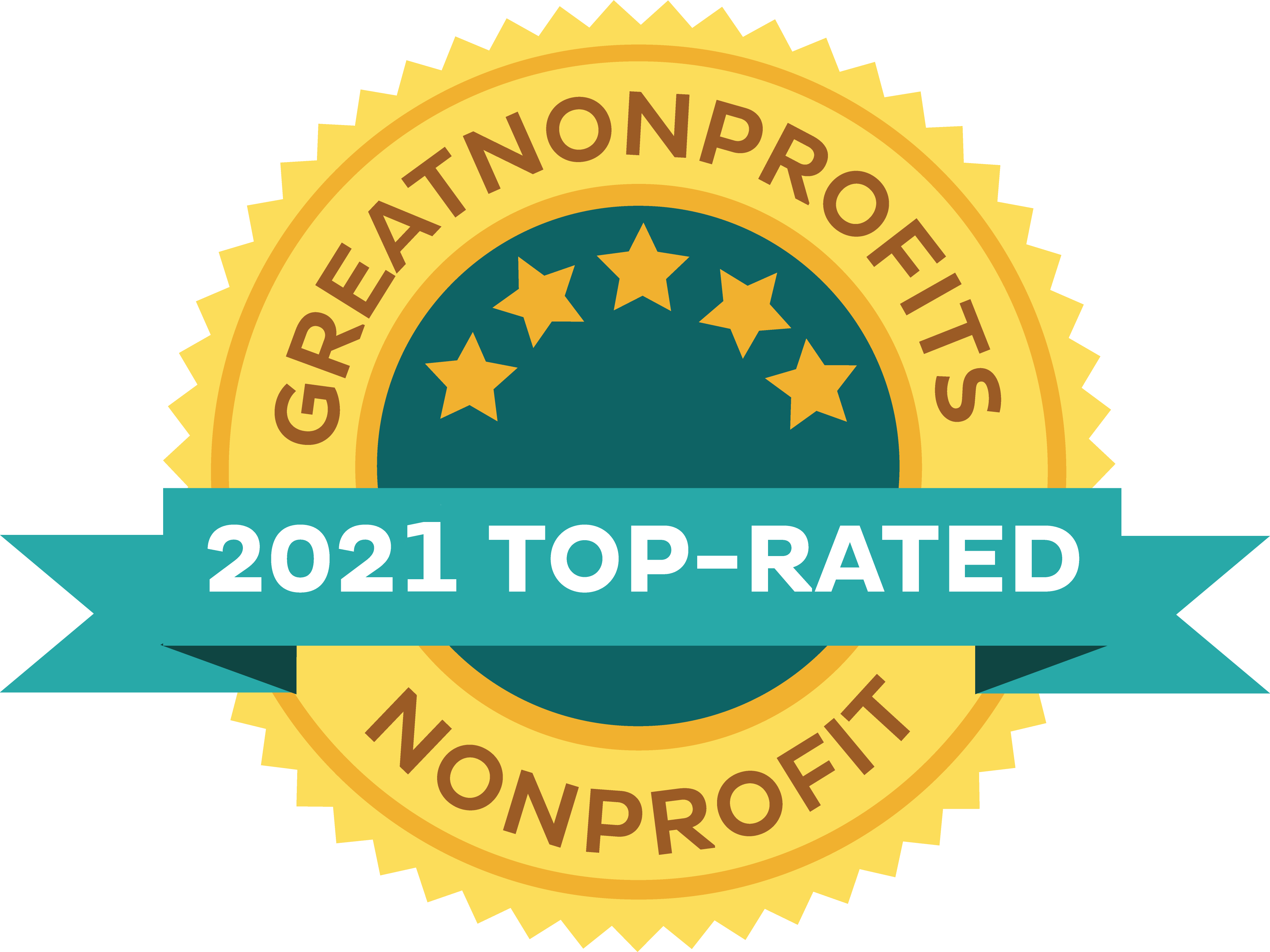Inside Clean Energy: The Coast-to-Coast Battle Over Rooftop Solar
As California works on a new net metering policy, other states are grappling with similar issues.
A debate over how best to compensate rooftop solar owners is taking place across the country.
In California, the country’s leading solar market, regulators are working on changes to rooftop solar rules, while utilities and solar advocates are trying to position themselves to shape the process to their liking.
Many of the other policy fights are happening in places where rooftop solar is at the margins, and utilities would like to keep it there.
I reached out to some of the groups that follow solar policy most closely to get an idea of which states I should be watching, from the obvious—California—to some others that might get overlooked.
Many of the debates are about “net metering,” which refers to the way that rooftop solar owners can send excess electricity to the grid and get paid for it by utilities, an important variable for determining whether it makes financial sense for someone to install rooftop solar.
In many places, utilities pay the full retail price for excess electricity from rooftop solar. But as rooftop solar gets more popular, utilities have pushed to reduce the price and charge additional fees. Solar advocates say utilities are trying to slow the growth of a competing source of electricity, while utilities say solar owners are not paying a big enough share of the costs of maintaining the grid.
The result, following years of debate and lobbying, is that some states are moving away from net metering at the full retail price, and trying to figure out what will become the new standard. Utilities and the solar industry are arguing over the design of those rules, with some on both sides saying they would like to end the cycle of constant policy fights and figure out a long-term solution.
California is playing an outsize role because its rooftop solar market is larger and more complex than that of other states, and its policies could be trendsetting.
“What happens in California now may be replicated in other places a few years down the road,” said Ben Delman, communications director for Solar United Neighbors, a nonprofit that works with consumers in a dozen states to set up bulk buying of rooftop solar systems. “Other places are looking to (California) as sort of a way to see almost into the future in their own markets.”
The California Public Utilities Commission is working on an update of net metering, and plans to issue new rules later this year, the first major rewrite since 2016. The commission published some guiding principles for the process, including that the new policy should “ensure equity among customers,” which is a sign that the utilities may have a receptive audience for their argument that the current policy leads to a shift of some costs to non-solar customers.


